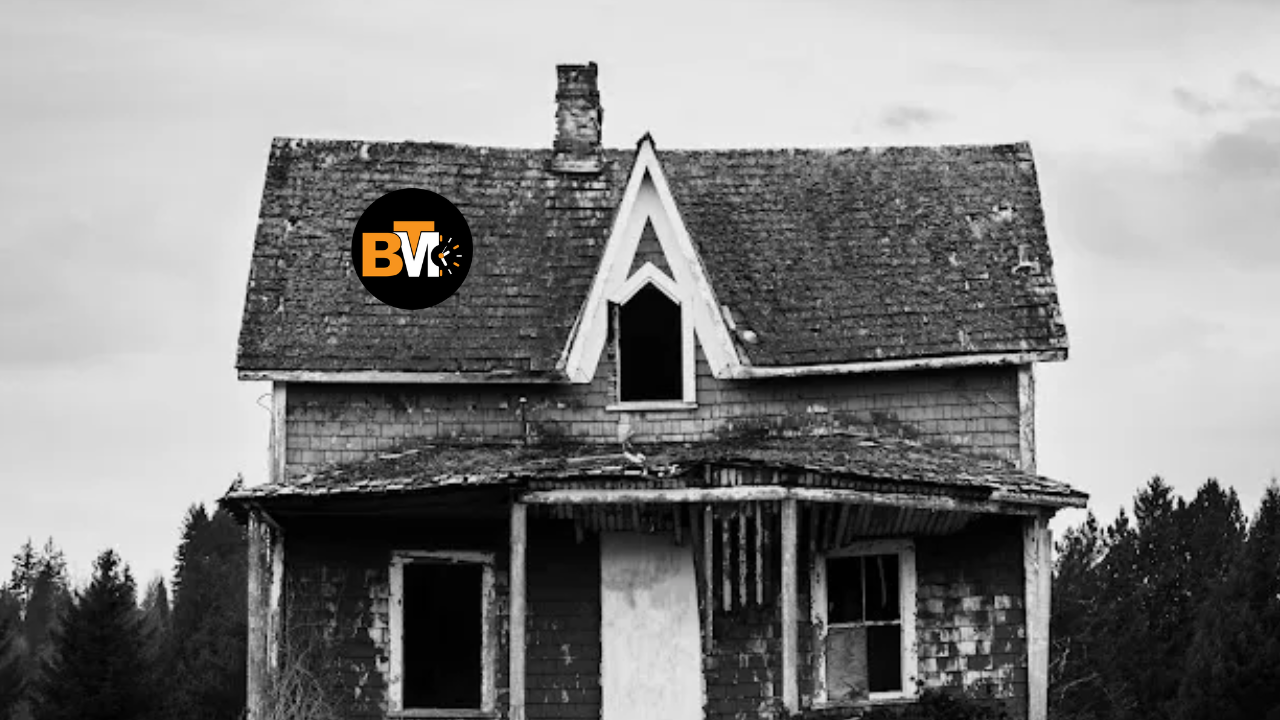Introduction to the Trails Carolina Controversy
In the serene landscapes of Western North Carolina, Trails Carolina, a wilderness therapy program, has stood as a beacon of hope for struggling adolescents and their families. Promising a transformative journey through nature, the program addressed many issues ranging from behavioral challenges to mental health struggles. However, beneath the canopy of therapeutic intentions, a series of unsettling allegations began to surface, casting a shadow over the program’s reputation. This investigative article delves deep into the Trails Carolina controversy, unraveling the complexities and illuminating the facts hidden in the wilderness.
The Beginnings of Trails Carolina
Trails Carolina was established with the vision of harnessing the healing power of nature to aid troubled teens. The program’s philosophy revolved around combining outdoor living skills, therapy, and academic learning to foster personal growth and responsibility in its participants. Touted as a life-altering experience, Trails Carolina attracted families nationwide, seeking solutions for their children’s challenges. However, the road to healing and transformation was more complex than many had hoped.

Allegations and Accusations
The first ripples of concern emerged with accounts from former participants and their families. Allegations ranged from harsh living conditions and emotional abuse to mismanagement of mental health issues. Some former students described their experience as traumatic rather than therapeutic, claiming that the program’s methods were excessively stringent and sometimes even punitive. These accusations sparked a debate on the ethical boundaries of wilderness therapy and raised questions about the oversight and regulation of such programs.
Investigative Findings: The Harsh Reality
As the allegations gained momentum, investigations into Trails Carolina’s practices were initiated. Journalists and independent investigators uncovered a disturbing pattern of negligence and potential abuse. The investigation revealed that while many staff members were well-intentioned, there were critical lapses in training and qualifications. Furthermore, the program’s approach to discipline and its handling of medical and psychological emergencies came under scrutiny. These findings painted a starkly different picture from the idyllic transformative journey promised by Trails Carolina.

Parental Perspectives and Defense
Amid the controversy, a cohort of parents and guardians defended Trails Carolina. They shared stories of positive transformations and expressed gratitude towards the program for helping their children navigate through turbulent times. This dichotomy of experiences highlighted the complexity of the situation, illustrating how individual experiences varied significantly. Trails Carolina’s administration also responded to the allegations, asserting their commitment to the safety and well-being of their participants and emphasizing the positive outcomes many families had experienced.
Regulatory Oversight and Industry Standards
The Trails Carolina investigation brought the issue of regulatory oversight in the wilderness therapy industry to the forefront. Critics argued that the lack of uniform standards and rigorous inspection protocols contributed to the problems at Trails Carolina. The investigation prompted a discourse on the need for stringent regulations, better training for staff, and more comprehensive mental health support within such programs. Advocates for reform called for a more transparent and accountable system to protect the well-being of participants.
Psychological Impact and Long-Term Effects
The psychological impact of the Trails Carolina experience on its former participants became a focal point of the investigation. Mental health professionals weighed in, suggesting that while wilderness therapy can be beneficial for some, it can be detrimental if not conducted with the utmost care and professionalism. The testimonies of former participants revealed a spectrum of experiences, with some reporting lasting positive changes while others struggled with the aftereffects of what they described as a traumatic experience.

The Future of Trails Carolina and Wilderness Therapy
As the Trails Carolina controversy unfolds, it raises critical questions about the future of wilderness therapy. While the program has its staunch defenders and success stories, the investigation underscores the need for reform and oversight. The industry faces a crossroads, needing to balance the potential benefits of wilderness therapy with the imperative of ensuring its participants’ safety and mental well-being.
Conclusion
The Trails Carolina investigation serves as a cautionary tale about the complexities and challenges inherent in addressing adolescent mental health and behavioral issues. It highlights the necessity for comprehensive oversight, qualified staff, and individualized care in therapeutic programs. As the conversation around Trails Carolina and wilderness therapy evolves, it’s imperative that lessons are learned and tangible changes are implemented. Only then can such programs fulfill their promise of offering a safe, effective, and transformative experience for those in need.







Leave a Reply